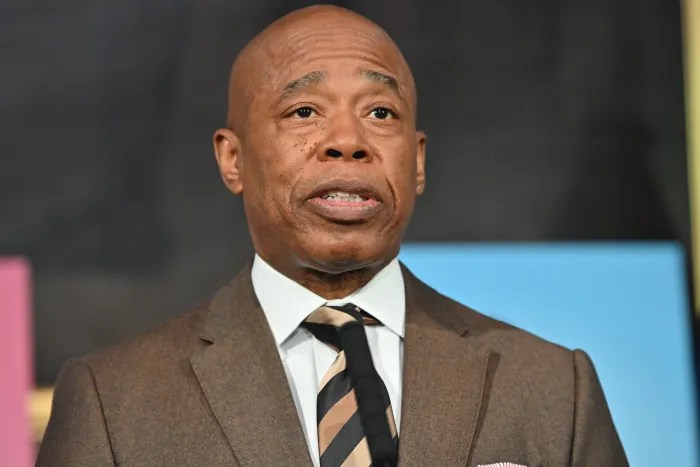Assemblyman Daniel O’Donnell has pledged to be a different sort of Public Advocate candidate – one who sees the office not as a stepping stone to higher office, but an opportunity to give support to the disenfranchised.
As a gay man, O’Donnell has firsthand knowledge of what it’s like to be marginalized. Growing up in the 70’s in a Catholic environment, he had to keep his sexuality a secret for the entirety of his childhood and adolescence. It wasn’t until he was an adult that he found the wherewithal to come out; fortunately, his family welcomed him with open arms.
“It was a very different era, the 70’s and early 80’s,” said O’Donnell. “Nobody was out; no boy went to their high school prom with another boy. That’s not the way it was. It was a very different era from what we thankfully have now, when people feel free to be open about who they are.”
By the time he first ran for public office in 1998, it was common knowledge that he was gay. He was frequently told that his sexuality would mar – if not outright extinguish – his chances of being elected, but he persevered nonetheless. Years late, he would go on to earn the distinction of being the first openly gay man to serve in the New York State Assembly.
“I was told I couldn’t win because I was gay, by a lot of people in politics,” said O’Donnell. “But I worked really hard, I had a really good resume, and I’m a good talker, so people liked me.”
Before he went into politics, O’Donnell spent a number of years as a public defender with the Legal Aid Society in Brooklyn, during which he developed an interest in criminal justice reform and the rights of the convicted. His experience as a public defender carried over into his work as a politician; he’s advocated for several reforms to the New York penal system, including the abolishment of cash bail and the right of prisoners on parole to secure their right to vote.
“I’ve written a lot of laws regarding prisoners, and I know that issue very well because before getting elected, I was a full-time public defender,” said O’Donnell. “So I know the criminal justice system backwards and forwards.”
O’Donnell has also been responsible for ensuring that interns are protected by sexual harassment laws, and amending New York’s anti-bullying laws to include off-campus bullying (namely cyberbullying). The latter measure, achieved via the Dignity for All Students Act, marked the first time that transgender people were recognized under New York State law.
But his greatest accomplishment – his crowning achievement – was the signage of the Marriage Equality Act into law. O’Donnell wrote the act in 2007 and saw it become law four years later, making gay marriage legal in New York for the first time.
“When New York passed [the act], it shifted the entire conversation nationwide,” said O’Donnell. “We, in one day, doubled the number of people who lived in states where gay marriage could happen. Unlike in some other states, we were not forced to do so by the courts; we did so by a vote, and we had no restrictions on who could get a marriage license. So somebody could come from Iowa or Pennsylvania and get married in New York.”
As Public Advocate, O’Donnell pledges to continue to fight on behalf of the underpowered and oppressed – be they LGBT people, prisoners or racial minorities. O’Donnell said that while his opponents may see the position as a means of getting closer to the office of mayor, he has the utmost respect for the position and will use it to its full potential.
He also pointed out that he worked as a lawmaker for sixteen years with no source of outside income – thus demonstrating his commitment to the public good.
“Unlike most of the other candidates, I am not running for mayor, which I think is one of the most important credentials – that you’re not using this as a political stepping stone to get to another job,” said O’Donnell. “I’ve had no outside income for the past sixteen years, and that shows to you how serious I am to being committed to doing public service for the public good, not for my own benefit.”
The Public Advocate Special Election is slated for Tuesday, Feb. 26.




































